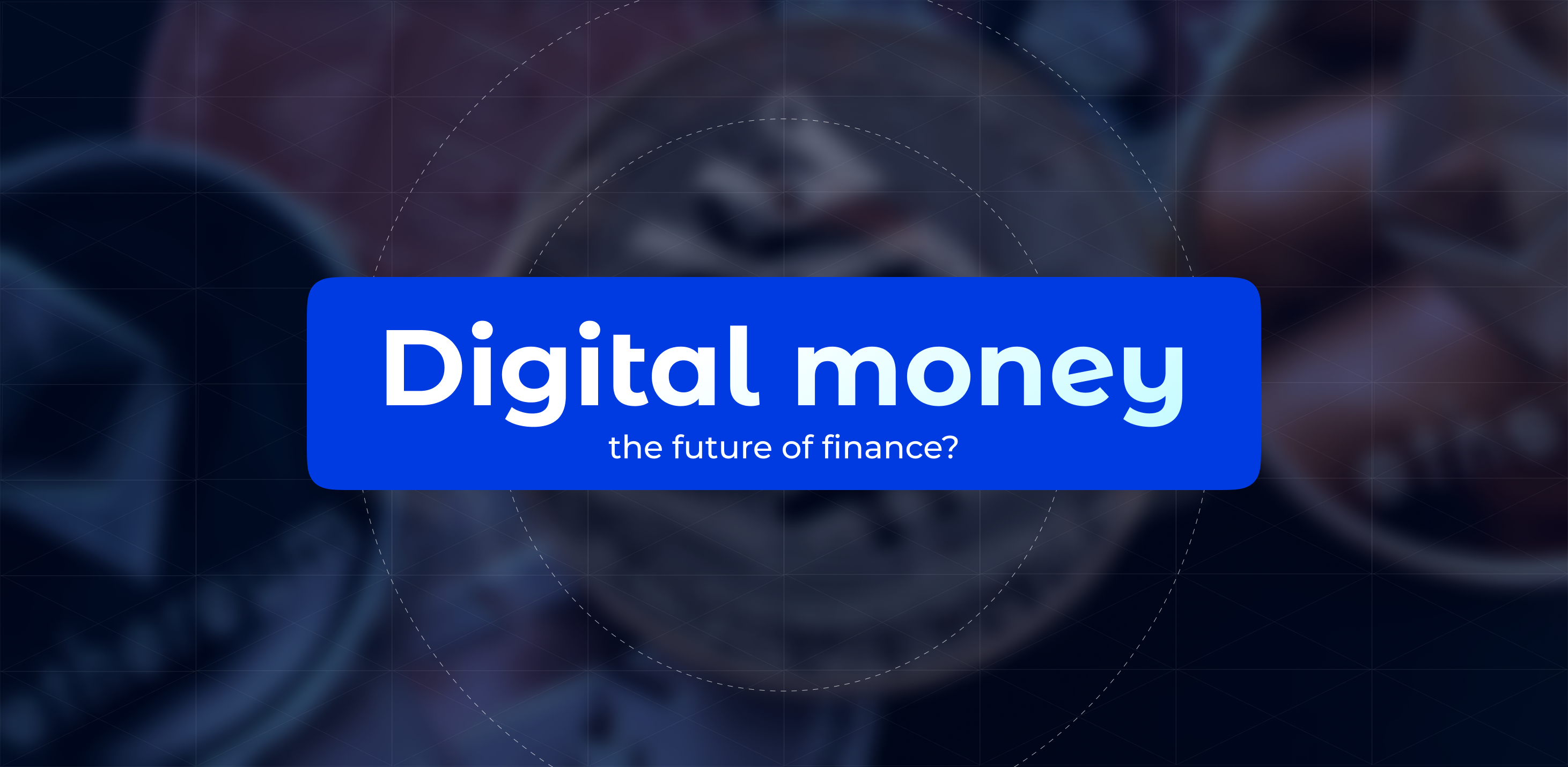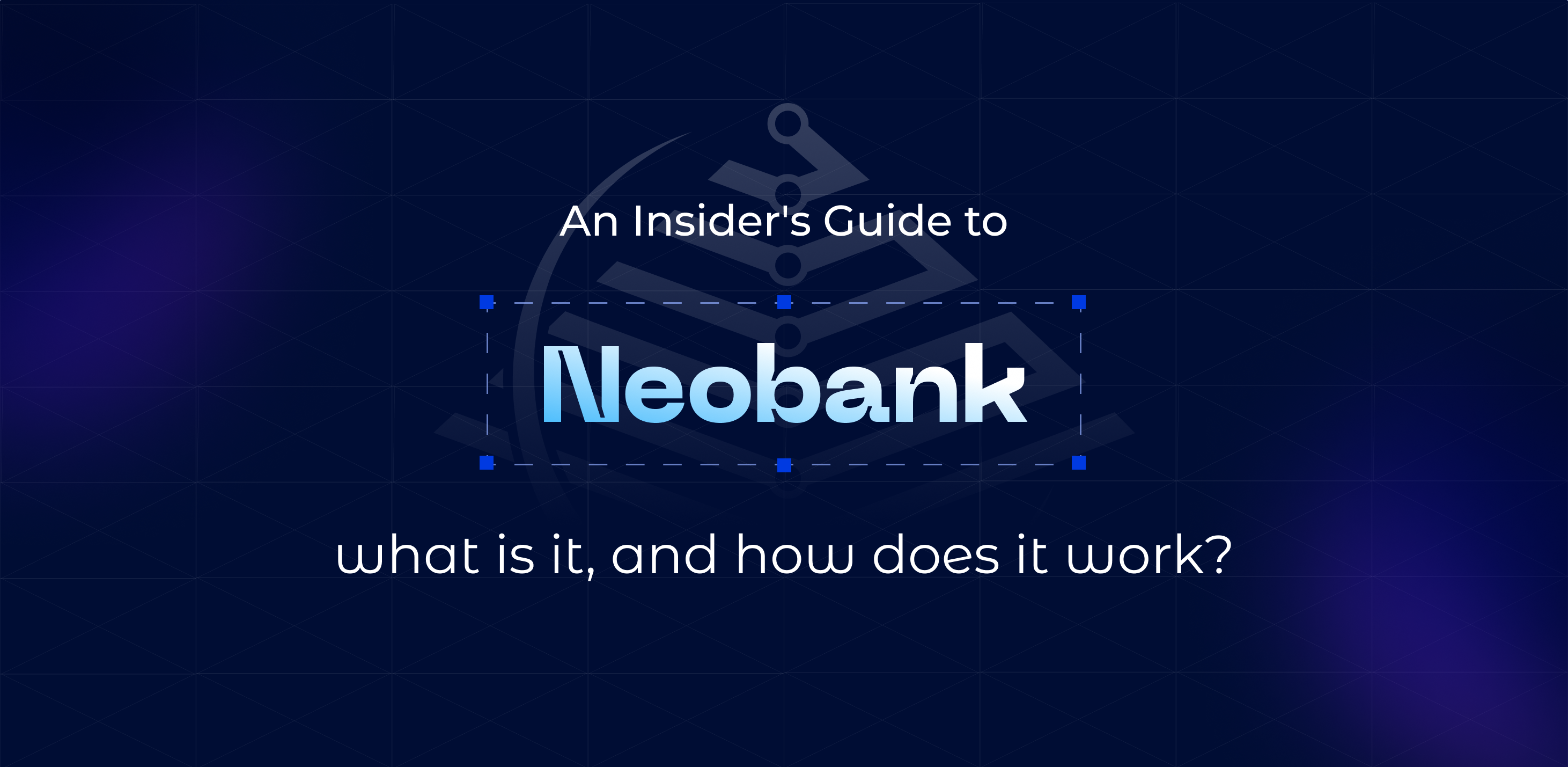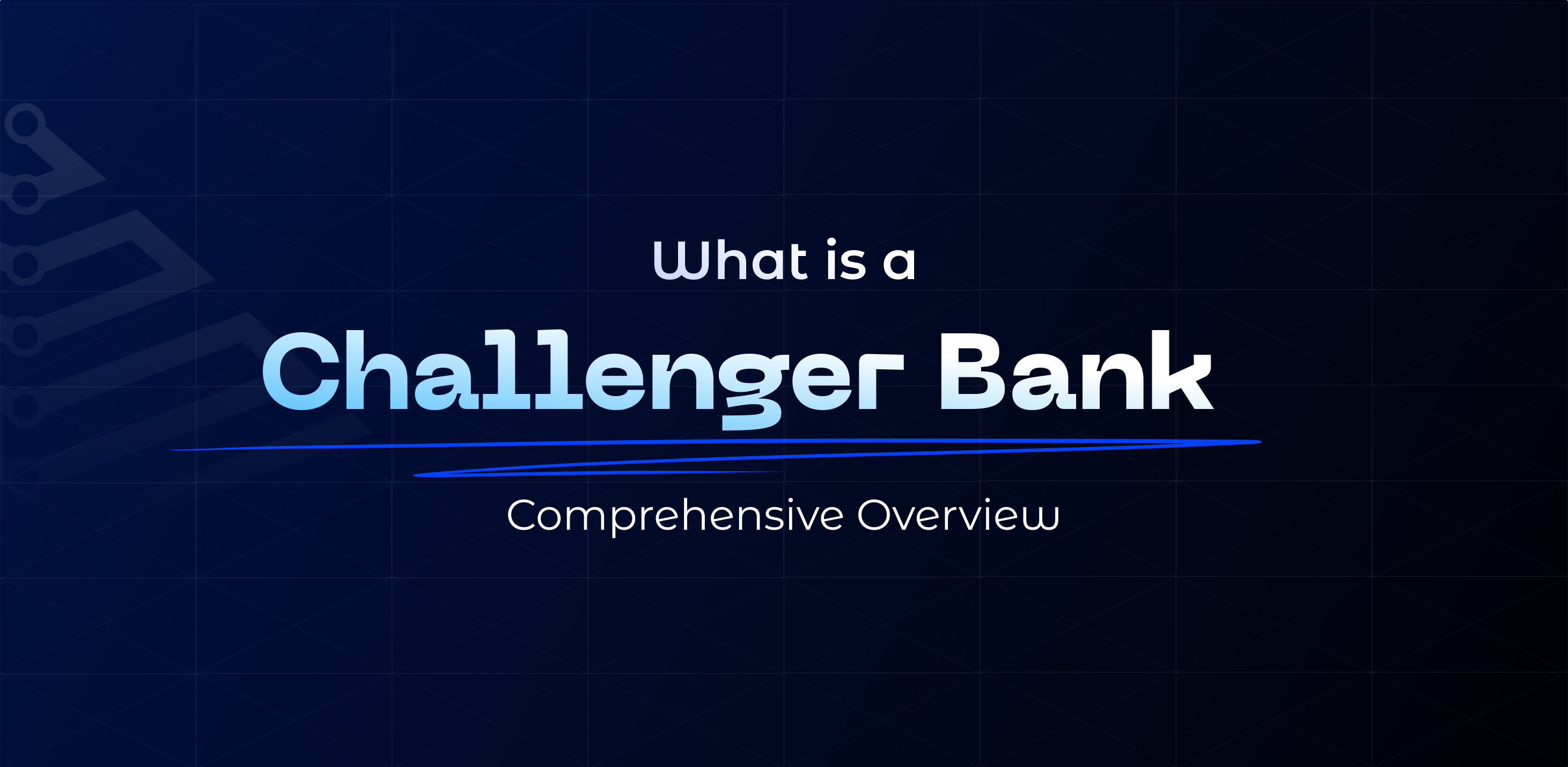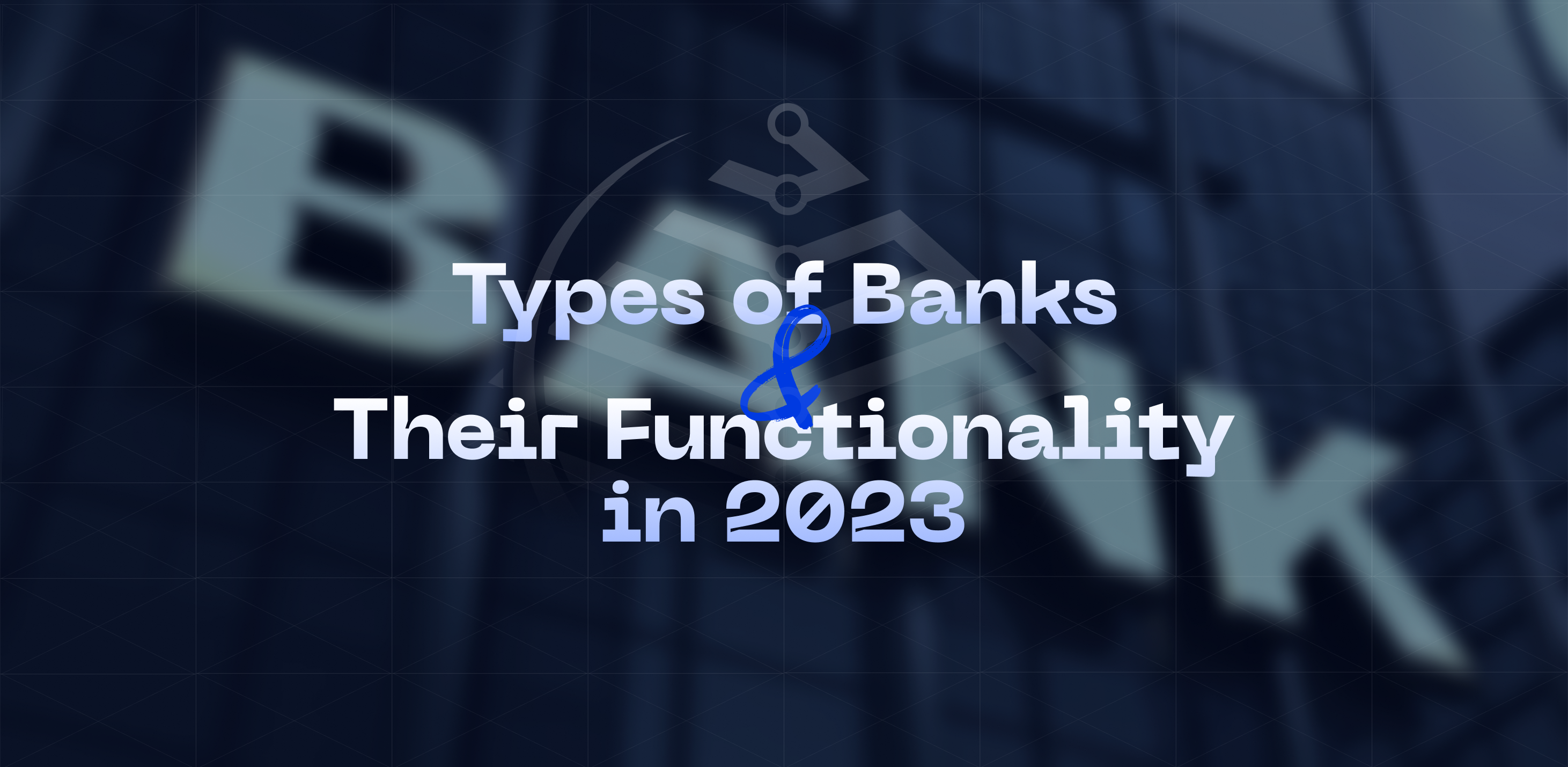The role of cash in our lives is diminishing year by year. Digital storage and programmable money are replacing bills and plastic cards. We use online transfers for buying groceries, paying for travel, and sending money to relatives. The Internet of Things automates purchases, reducing resources and time. The same can be seen in the business sector.
Slowly, processes are becoming more digital and we are getting virtual funds to replace live money. Digital money is circulated using a separate digital system rather than a conventional banking system, which provides faster transaction processing and security through cryptographic protocols. Let’s go through the topic one by one with the Paysaxas.
What is digital money?
Digital money is the electronic equivalent of cash and money in your bank account. Technically, it is a program code with a unique number. In simple words, digital funds are secured by your bank’s promise to allow the user to pay. Banking is usually regulated by the government, so there is at least indirectly a promise here. There is also a guarantee that the money will be accepted at least at the country level. Digital money preserves the role of the state and provides the benefits of digital technology.
The state or an individual company fulfills the familiar role of guarantor, which promises that the functions of money will be fulfilled, while technology improves the infrastructure on which it all works. Cryptocurrency has these functions based on consensus rules and technology. Unlike, for example, the same electronic money, it is not backed by anything but trust and math. On the contrary, the emphasis in most cryptocurrencies is that there is no controlling body, such as the government.
There is only technology that operates according to certain rules. If you agree with these rules, you can participate in the economy that is created by cryptocurrency. It should also be taken into account that digital money is characterized by progressive methodological ideas and modern technical implementation. Changes are coming in the future that will overturn the current realities of the financial system. Let’s keep an eye on it together with Paysaxas.
The trend of using digital currencies in the world
Most experts agree that ignoring or banning digital currencies will give rise to the development of illegal businesses based on breakthrough innovations. Therefore, governments around the world are faced with the task of creating a legal framework for digital financial assets that would allow innovative projects to operate legally and attract investment.
It is worth noting that the legal status of cryptocurrencies varies significantly from country to country. For example, in some national jurisdictions, transactions with cryptocurrencies are officially allowed. They are usually treated as a commodity or investment asset, and for tax purposes are subject to the laws of the country in which they operate. For example, in Germany, the Bitcoin cryptocurrency is a monetary unit, in Japan it is a legal tender that is taxed.
In the United States, cryptocurrency regulation is being developed at the state level, and at the federal level, cryptocurrencies are regulated only in the framework of combating financial crimes and money laundering. That is, even though cryptocurrencies are not legal tender in the United States, it is still possible to pay for services and products with both fiat and electronic and digital currencies.
Canada, in turn, is developing a digital version of the Canadian dollar. The regulator continues to monitor the development of cryptocurrencies and distributed technologies and applies restrictive actions to cryptocurrency activities only when necessary.
Venezuela’s experience in regulating digital currencies differs significantly from others. It has created its digital currency PETRO and introduced it into circulation. Such a step made it possible to pay for consular services in its embassies around the world and tourist services using PETRO, permission for airlines to sell tickets for national and international flights in this currency, permission for government structures to conclude currency contracts in PETRO, etc.
The impact of digital currencies on traditional financial systems
Just as easily, this new digital money could eventually replace the national currency in everyday life. This is no different from the traditional dollarization that occurs in countries suffering from inflation and currency volatility. But the convenience and accessibility of central bank-issued digital cash can enable substitution at a faster pace and on a larger scale. To maintain control over monetary policy, authorities in smaller economies will need their tokens to maintain domestic appeal.
Larger economies may have different goals: China and the U.S. may offer add-ons that make e-CNY or FedCoin preferable to foreigners in settling international claims. The future will be efficient if all central bank digital currencies are interoperable. In other words, they will interact with each other – and with their private counterparts, including Bitcoin.
Digital money for business development.
Digital assets are also being embedded in business processes. Companies today are increasingly turning away from cash. Most enterprises work with colleagues from other countries. Therefore, they need fast and reliable operations. Banks today require a huge amount of documents to verify money, process payments and have restrictions on the countries where funds can be sent.
Digital currencies help push boundaries and remove limitations. The business has no borders. That’s the advantage of a case like this. Therefore, people today utilize all the existing options to work and collaborate. Digital money allows you to bypass many inhibitions and send money for a product or service in minutes. This speeds up the work process and improves business productivity.
It should be noted that the world is not standing still but is progressing day by day. Paysaxas follows all the innovations and we are sure that digital money will soon completely replace cash and money in people’s accounts. This will be an impetus for new technologies and improvement of business processes. Let’s follow the developments together.







